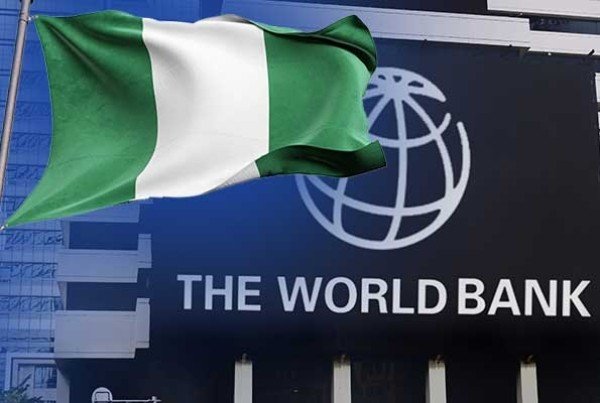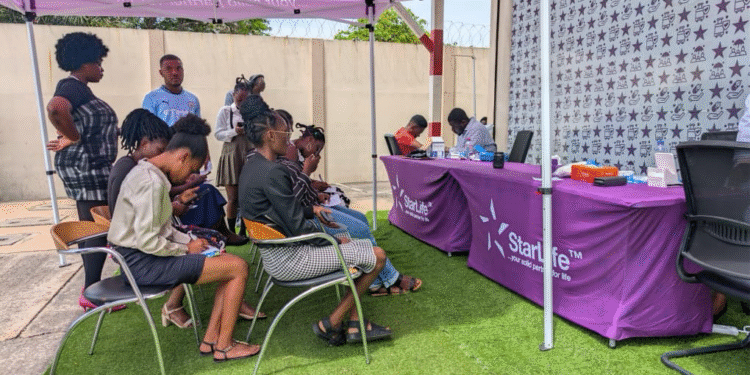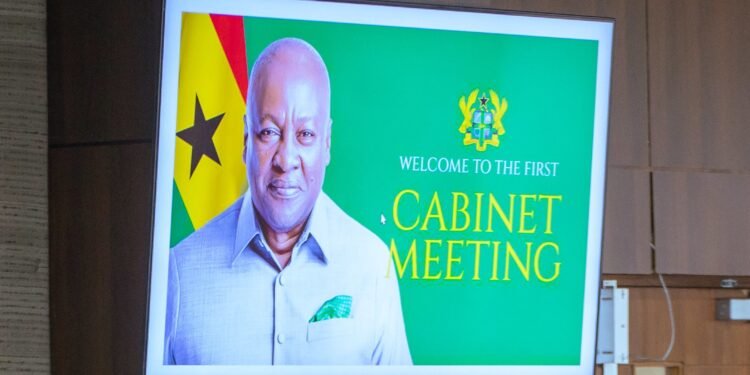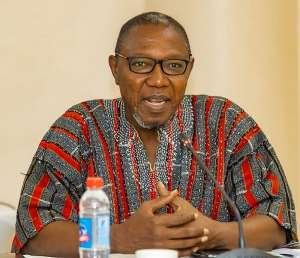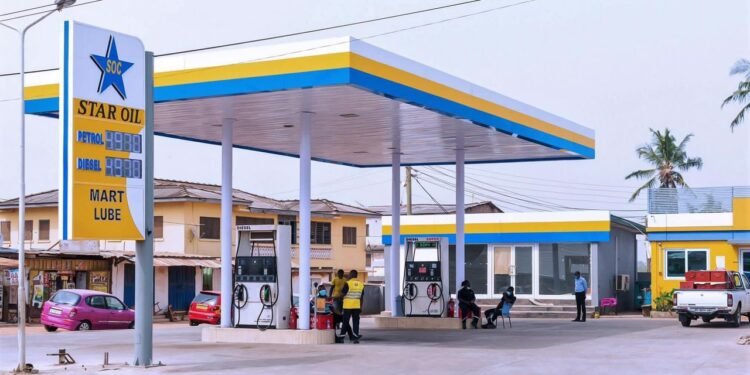The Federal Government of Nigeria has announced plans to borrow $1.75 billion from the World Bank, despite recording a historic 40.5 percent revenue increase in the first eight months of 2025. The surge, largely driven by non-oil revenue, was disclosed in a statement by Special Adviser to the President on Information and Strategy, Bayo Onanuga.
According to official figures, total revenue between January and August 2025 reached N20.59 trillion, far surpassing the N14.6 trillion reported during the same period in 2024. Non-oil revenues contributed 75 per cent of this performance, underscoring the government’s growing reliance on non-oil sectors.
The statement highlighted that “from January to August 2025, total collections reached N20.59tn, a 40.5 per cent increase from N14.6tn recorded in 2024. This strong performance aligns with projections, placing the government firmly on course to achieve its annual non-oil revenue target.”
However, despite the record performance, funding gaps in critical sectors remain. Infrastructure, in particular, continues to suffer from underfunding, and grievances from local contractors have added to the pressure. On Wednesday, members of the All Indigenous Contractors Association of Nigeria staged a protest at the Ministry of Finance headquarters in Abuja, demanding payment for capital projects executed in 2024, estimated at N4 trillion.
Government Turns To Borrowing Again
To bridge these financial shortfalls, the administration plans to borrow locally and internationally. The announcement contrasts with President Bola Tinubu’s statement in Abuja on Tuesday, where he declared that Nigeria had already achieved its 2025 revenue target ahead of schedule and would not need to borrow further to fund its budget.

Official data from the World Bank indicates that Nigeria is on track to secure $1.75 billion in new loans by the end of 2025. The loans, still undergoing final approvals, are earmarked for projects in agriculture, healthcare, digital infrastructure, and small business financing.
Among these initiatives, the Nigeria Sustainable Agricultural Value-Chains for Growth project will receive $500 million to enhance agricultural productivity and rural development. Currently in the Concept Review stage, the project is expected to gain approval on December 11, 2025.
The Building Resilient Digital Infrastructure for Growth project, also valued at $500 million, is scheduled for approval on October 31, 2025. Its goal is to improve digital infrastructure and accelerate growth in Nigeria’s technology sector.
A further $250 million has been allocated to the Health Security Programme in Western and Central Africa, Nigeria – Phase II. This project seeks to strengthen the healthcare system and boost preparedness for future health crises, with approval anticipated by September 30, 2025.
The final portion, $500m, will go to the Fostering Inclusive Finance for MSMEs in Nigeria project, designed to increase access to credit for small and medium-sized enterprises. Approval for this initiative is expected on December 18, 2025.
World Bank Loans Add To Rising Debt
Collectively, these loans represent $1.75 billion in external support expected within the year. The World Bank has already approved $8.40 billion in loans to Nigeria since June 2023, funding 15 projects in sectors ranging from energy and education to governance and infrastructure. This includes $1.95 billion from the International Bank for Reconstruction and Development (IBRD), which lends on commercial terms to creditworthy countries, and $6.50 billion from the International Development Association (IDA), which offers concessional financing to poorer nations.
Economists caution that while the loans will support long-term development goals, they also raise concerns over Nigeria’s rising debt profile. The warning is that without stronger domestic revenue mobilisation and prudent expenditure, the country risks intensifying fiscal pressures despite the recent surge in non-oil collections.
The debate underscores the government’s dilemma of celebrating unprecedented revenue growth while simultaneously confronting financial obligations that continue to push it toward external borrowing.
READ ALSO: Prof. Asare Slams Hypocrisy Over Chief Justice Removal



